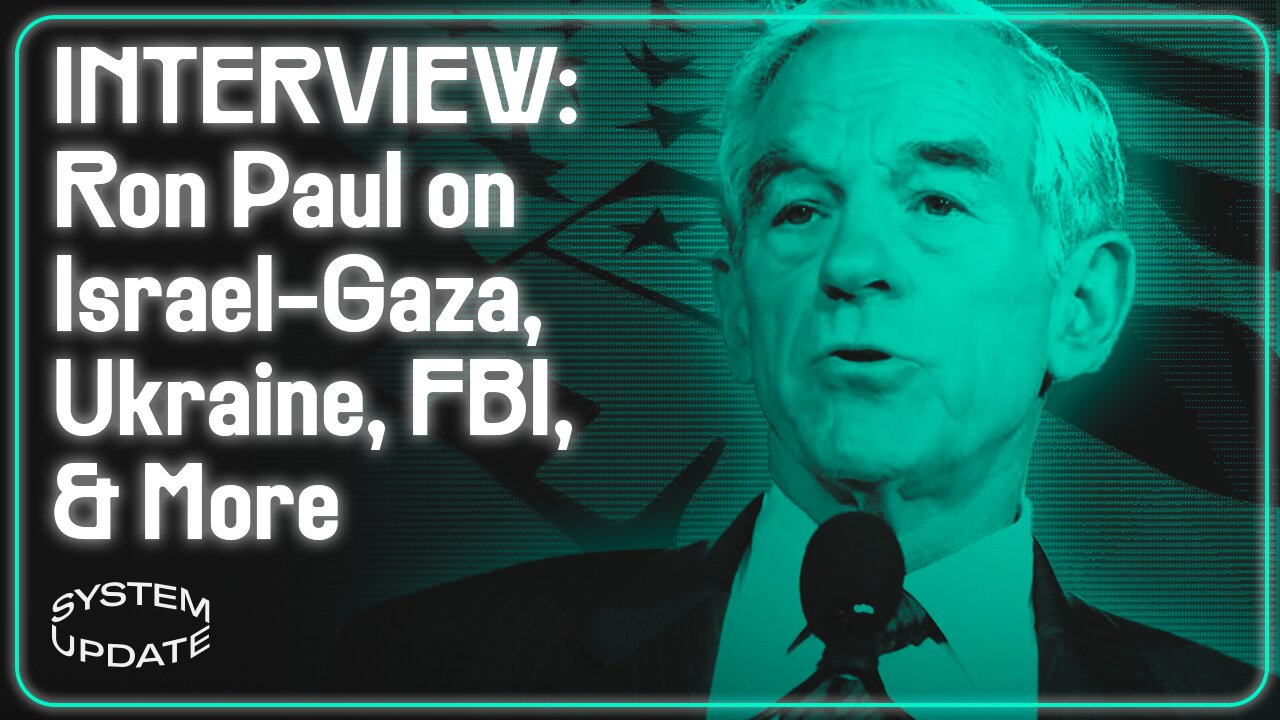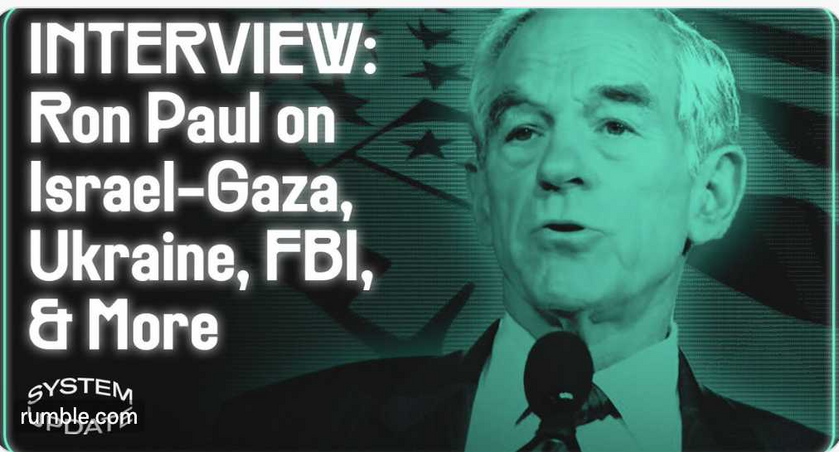Watch the full episode here:

It's Thursday, December 21. Tonight: one of the most extraordinary political events in the U.S. over the last several decades undoubtedly was the successful 2016 presidential campaign of Donald Trump. It was remarkable for so many reasons, including the fact that it was the first campaign in either party to overcome and vanquish vehement opposition by the largest donors and funders and other establishment sectors that control both political parties in Washington.
For decades, the national press assumed, with good reason, that no one could become the presidential nominee of either party without at least the acquiescence, if not the full-scale support of the party's establishment forces. That is why they all assume that just like George Bush, in 2000, John McCain, in 2008, and Mitt Romney in 2012, Jeb Bush would easily march toward the Republican nomination in 2016. Remember that? Jeb Bush? That Trump thumped aside one Jeb establishment replacement after the next and easily marched to the nomination, rewrote the rules of Republican politics. The Nikki Haley campaign represents one last desperate effort on the part of the American establishment to retake the Republican Party out of the hands of the Republican voting base, which supports Trump, and return it to the hands of the bankers, neocons and the military-industrial complex that feels entitled to control that party just as they control the Democratic Party.
However, the other striking feature of Trump's successful Republican primary campaign was that he ran not to champion GOP orthodoxies, but to scorn them and to bury them. From neoconservative warmongering to Wall Street-centered policies of free trade and deindustrialization, Trump railed against what had been longtime gospel beliefs of the Republican establishment. The more he did that, the more the GOP establishment hated him, but the more popular he became among actual Republican Party voters. Trump's ideological heresy did not emerge out of nowhere. He did not just invent these anti-establishment bullies overnight. The opposite is true: Anger toward warmongering neoconservatism and the economic policy that benefited the GOP's globalist, corporatist donor base at the expense of the working class had been brewing right-wing politics for a long time. Both Pat Buchanan's 1992 primary challenge to incumbent GOP President George H. W. Bush far more successful than anyone anticipated, and Ross Perot's independent run, in 1992, gave voice to and exploited these sentiments and exposed how potent they were.
But it was the presidential campaigns of Ron Paul in 2008 and 2012 that brought these new perspectives and this anti-establishment anger to the fore. When he announced that he would run for president, Paul was considered a joke, a fringe backbencher in Congress who, precisely because of his out-of-step views, especially in the War on Terror era dominated by 9/11, the Iraq war, the neocons and the Bush-Cheney administration, pundits assumed, would attract little or no support. They barely paid attention to it. But as usual, they were very wrong in both 2008 and especially 2012.
Ron Paul went into the deepest red districts of Iowa, New Hampshire and South Carolina with a message that the pundit class assumed would be anathema to conservative and evangelical voters and yet resonated with them instead. He railed against the Iraq war, the War on Terror, and the general policy of using war as a first resort in U.S. foreign policy. He mocked Republican Party tough guys who glorified war while ensuring that they never themselves fought in those wars, unlike Ron Paul, who answered the draft call to fight in Vietnam.
He documented the weaponization of the CIA, the NSA, the FBI and federal police powers to erode core civil liberties and convinced voters that the long-time foreign and economic policies of the Republican Party were enriching a tiny elite while commiserating ordinary Americans. He railed against the evils of the drug war, calling it racist, as well as the policies that put more Americans in prison than any other country. In general, he proved that there was a gigantic breach between the views of the Republican elite and the big corporate donors that controlled the party on the one hand, and the party's voting base filled increasingly with working-class voters who came to understand that the party they had been voting for had been waging war on their interest and their lives, creating the anti-establishment conditions for Donald Trump's promise to be the voice of the forgotten man.
We’ll review the history of the GOP anti-establishment politics that preceded and gave rise to Trump and the vital role that Ron Paul played in it and then we'll speak to Congressman Paul about the trends in Republican Party politics now, the two wars that Joe Biden is now funding with American resources and with bipartisan support, namely the words of Israel and Ukraine; the rising distrust of the CIA and the U.S. Security State; how American debt continues to grow due to these bipartisan DC policies; his view of the proper relationship between the U.S. and China and much, much more.
We have always regarded Ron Paul as one of the most principled, honest and interesting voices in U.S. political life. The emergence of Trump and the transformation of Republican politics leaves little doubt that he is now one of the pivotal figures of the 21st century in American politics.
For now, welcome to a new episode of System Update, starting right now.






















